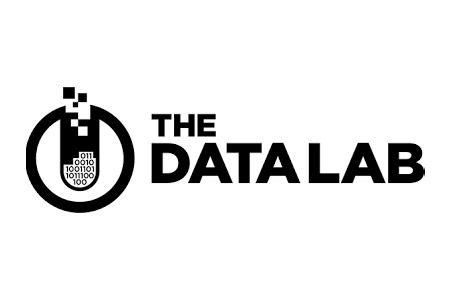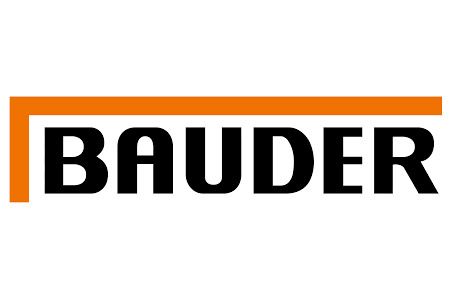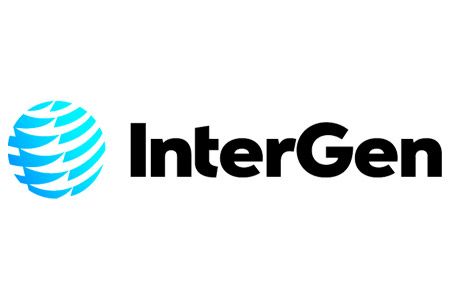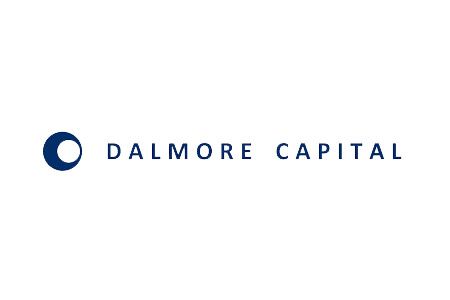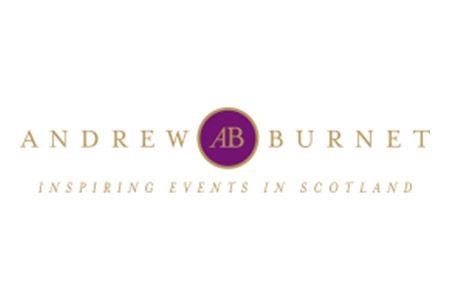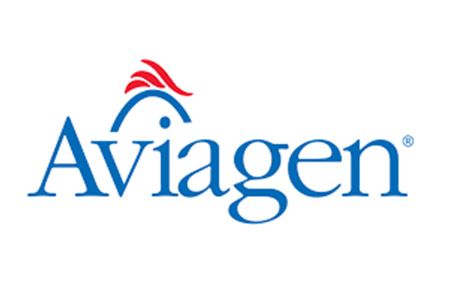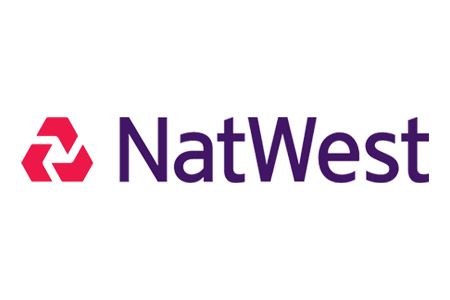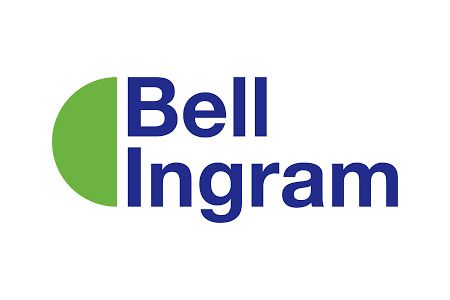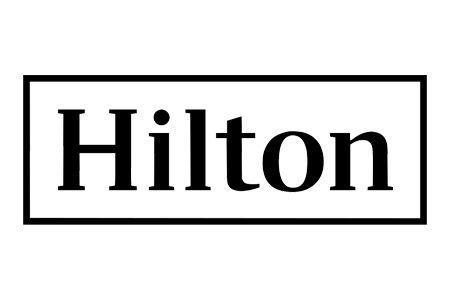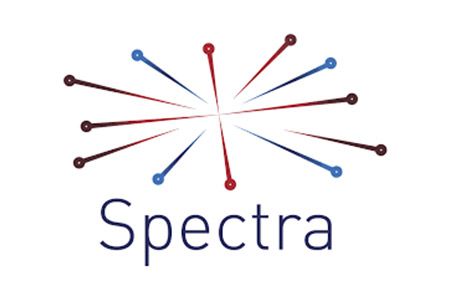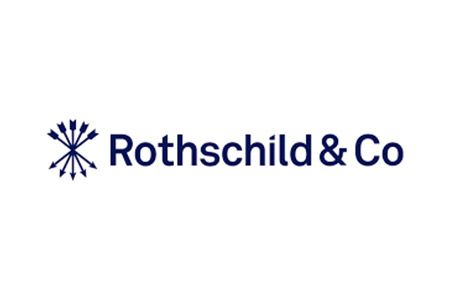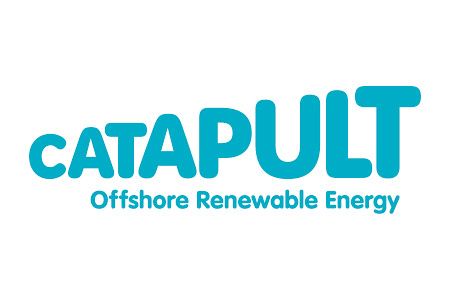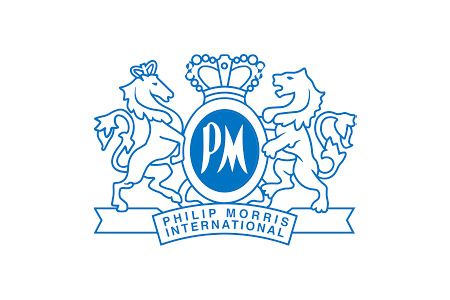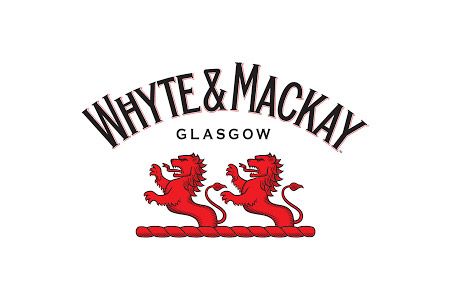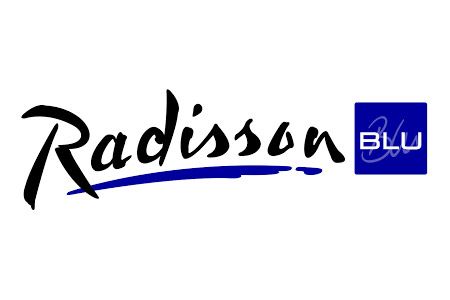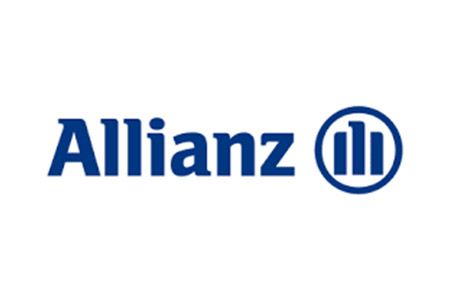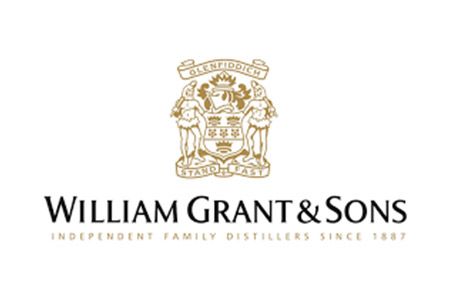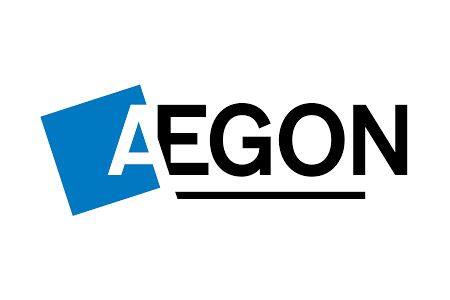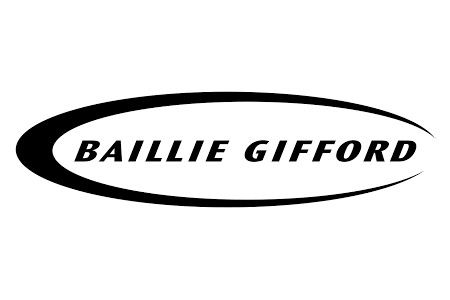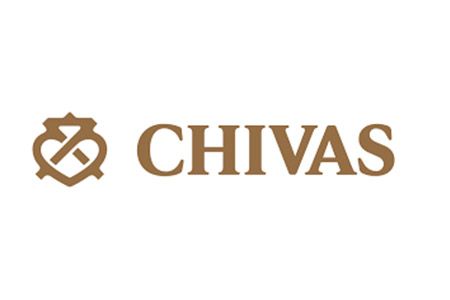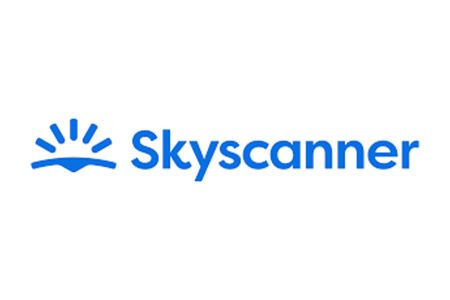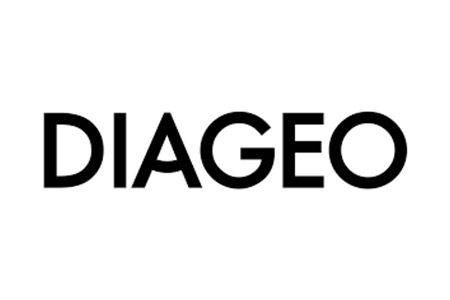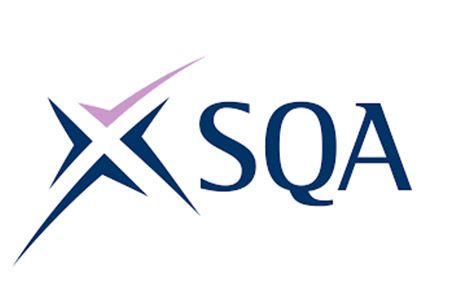Team Building for Corporate Graduate Schemes
Team Building for Corporate Graduate Schemes
Building Tomorrow’s Leaders: Team Building for Corporate Graduate Schemes
In today’s competitive talent landscape, corporate graduate schemes are no longer just recruitment initiatives; they are strategic investments in the future of an organisation.
These training programs offer recent university graduates a clear and comprehensive pathway into a professional career, developing the multifaceted skills required for future leadership roles.
Unlike a standard graduate job or an internship, graduate schemes are specifically designed to attract, develop, and retain top talent by providing a comprehensive blend of training, practical experience, and dedicated mentorship.
But how do you foster team spirit with graduates?
In this article, we’ll dive into the steps we’ve found that are the most successful in developing a strong team bond for your graduate schemes.

Stage 1: Identifying Collaborative Potential
The journey to building exceptional teams begins right at the recruitment stage. Your graduate scheme’s foundation is built on identifying candidates with a natural aptitude for teamwork and a genuine desire to contribute collaboratively.
Beyond the CV:
Your online applications are your first opportunity to assess collaborative potential. Beyond academic achievements and work experience, ask for specific, detailed examples of successful group projects, instances of collaborative problem-solving, and how they’ve navigated conflict within a team. Look for evidence of active listening, empathy, and a proactive approach to supporting group goals. These insights offer a deeper understanding of their interpersonal skills and their readiness to integrate into a team.
Team-Centric Assessments:
When designing psychometric and online assessments, think beyond individual capabilities. Incorporate scenario-based tests that require collaborative decision-making or group-based challenges, even if simulated. Observe how candidates interact, contribute ideas, and support others in a virtual or theoretical team environment. Tools that measure interpersonal styles, communication preferences, and conflict resolution approaches can provide invaluable data.
Behavioural Interviewing:
During video and telephone interviews, shift your focus to behavioural questions that illuminate their collaborative mindset. Ask probing questions like, “Describe a time you had to resolve a disagreement within a team. What was your role and what was the outcome?” or “How do you ensure all voices are heard and valued in a group discussion?” Their responses will reveal their self-awareness, their approach to team challenges, and their ability to contribute constructively to a group dynamic.

Stage 2: Assessment Days
Your assessment day isn’t just about evaluating individual skills; it’s a golden opportunity to witness collaborative potential in action. Design exercises that intrinsically link success to effective teamwork, allowing you to observe crucial behaviours under pressure.
Collaborative Case Studies:
Present complex business problems that can only be solved effectively through group analysis, discussion, and consensus-building. Observe how candidates negotiate, share information, allocate tasks, and manage their time collectively. Pay attention to how they handle differing opinions, contribute to a shared understanding, and work towards a unified solution. The process, not just the outcome, is key here.
Dynamic Group Simulations:
Create realistic workplace scenarios that demand active participation, negotiation, and shared responsibility. This could range from a simulated client pitch where each graduate has a specific role, to a cross-departmental project planning exercise that requires integrating diverse perspectives. These simulations offer a window into their adaptability, leadership within a group, and ability to influence without authority.

Fostering Self and Team Awareness:
Consider incorporating elements where candidates provide constructive feedback to their peers on their collaborative contributions during group exercises. This not only assesses a candidate’s self-awareness and ability to reflect, but also their capacity to give and receive feedback respectfully, a cornerstone of high-performing teams.
Identifying Natural Collaborators:
Deepen your strengths-based interviews by exploring a candidate’s innate strengths in areas directly relevant to team building, such as facilitation, active listening, mediation, and collective problem-solving. How do their natural talents complement a high-performing team, and how do they envision leveraging these strengths to benefit others?
Stage 3: Onboarding & Development
Once selected, the real work of shaping collaborative leaders begins. Your onboarding and subsequent development phases should actively reinforce team-building principles, making them an integral part of the graduate experience.
Dedicated Team-Building Training Modules:
Go beyond generic “communication skills” workshops. Implement specific, targeted training modules focusing on topics like effective team communication, conflict resolution within a group, giving and receiving feedback effectively, psychological safety in teams, cross-functional collaboration strategies, and understanding diverse working styles. This is where you can truly leverage your company’s unique team-building expertise, perhaps even leading some of these sessions yourself.
Experiential Team Learning:
Design placement rotations to deliberately place graduates in diverse teams and departments. This forces them to quickly adapt to new team dynamics, understand different organisational perspectives, and build broader internal networks. Crucially, assign projects that inherently require genuine inter-team collaboration, challenging them to break down silos and work across traditional boundaries. This experiential learning cements their understanding of interconnectedness within the business.
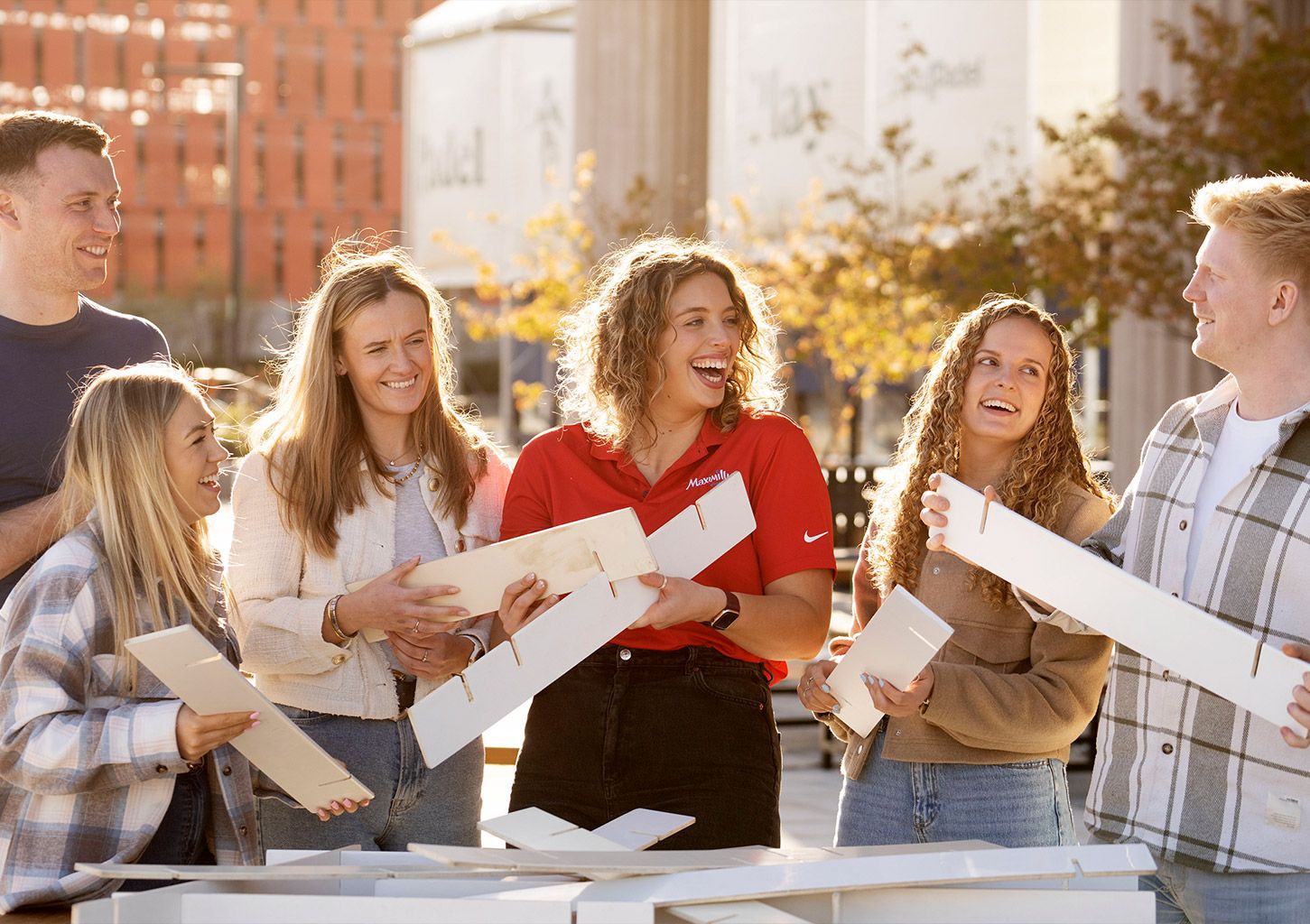
Team Mentorship Programmes:
Pair graduates not just with individual mentors for career guidance, but also consider assigning them to “team mentors” – experienced leaders who can guide them through complex team dynamics, share insights on fostering cohesion, and help them navigate group challenges. Regular check-ins focused on their team contributions can be immensely beneficial.
Leadership Development with a Collaborative Focus:
For those graduates targeted for future leadership roles, provide specialised training specifically on leading high-performing teams. This should include modules on fostering psychological safety, empowering team members to take ownership, coaching for collective success, and effectively delegating within a team structure.
Why Prioritise Team Building in Your Graduate Scheme?
Integrating team building isn’t just a nice-to-have; it’s a strategic imperative with tangible benefits that deliver a significant return on investment.
Future-Proof Your Workforce:
In an increasingly interconnected and project-based world, equipping graduates with exceptional team skills ensures they are ready for the challenges of tomorrow. They become adaptable, resilient, and ready to collaborate on complex initiatives.
Drive Innovation and Agility:
Diverse and highly collaborative teams are naturally more inclined to generate innovative solutions, challenge existing norms, and adapt quickly to market changes. By fostering this from day one, you build an agile and forward-thinking workforce.
Boost Retention and Engagement:
Graduates who feel connected, supported, and effective within their teams are significantly more likely to be engaged, motivated, and remain with your company long-term. A strong sense of belonging reduces early attrition, saving significant recruitment costs.
Cultivate a Stronger Organisational Culture:
By embedding collaboration and mutual support into the very DNA of your graduate scheme, you proactively shape your company’s culture. These graduates will grow into leaders who champion teamwork, fostering an environment where everyone feels valued and empowered to contribute.
Accelerate Performance:
Graduates who understand how to work effectively in teams hit the ground running faster, deliver higher quality work, and contribute to collective goals more efficiently.
Elevate Your Graduate Scheme with Maximillion
Elevate Your Graduate Scheme with Maximillion
At Maximillion, we’re not just event creators; we’re strategic partners in developing your future talent.
Our expertise in crafting impactful team development interventions, practical experiential tools, business simulations, and engaging learning experiences can transform your graduate scheme from a recruitment initiative into a powerful engine for talent growth and organisational change.
Our team-building programmes are designed to enhance every single stage of this journey, ensuring your graduates emerge not just as skilled individual contributors but as cohesive, resilient, and high-performing teams, fully equipped to navigate the complexities of tomorrow’s workplace.
Are you ready to unlock the full potential of your corporate graduate scheme with impactful, experience-led team development?
Contact us today and let’s discuss how we can tailor a bespoke programme that not only meets your unique needs but also inspires, challenges, and shapes your future leaders, driving real value for your business.





